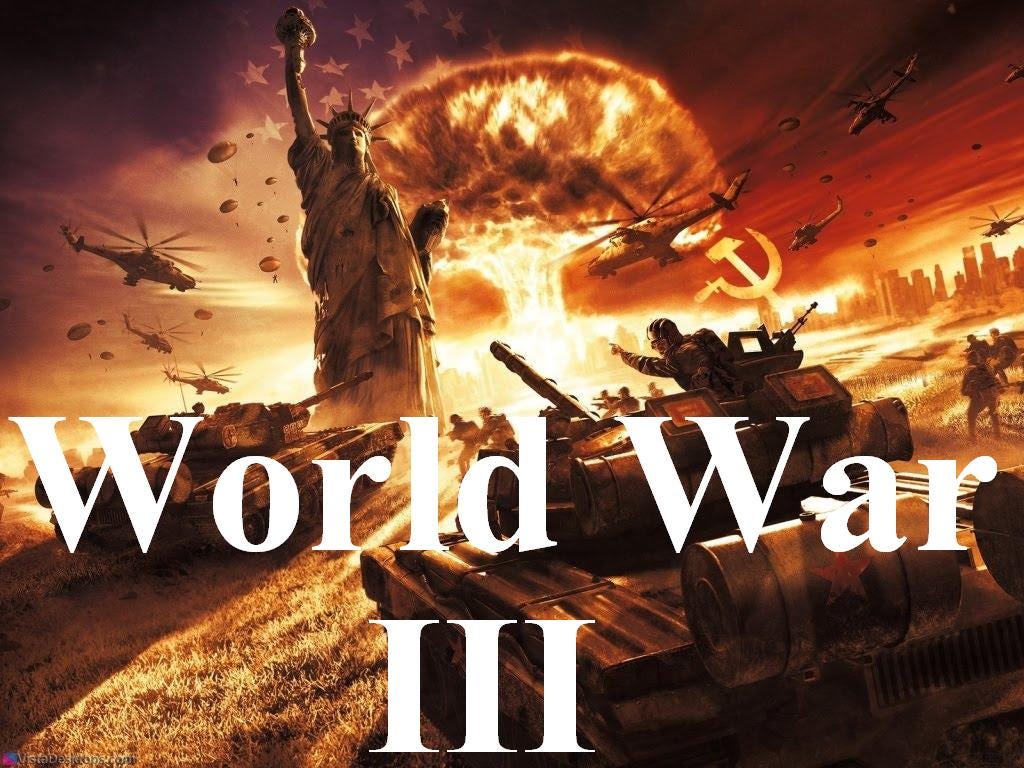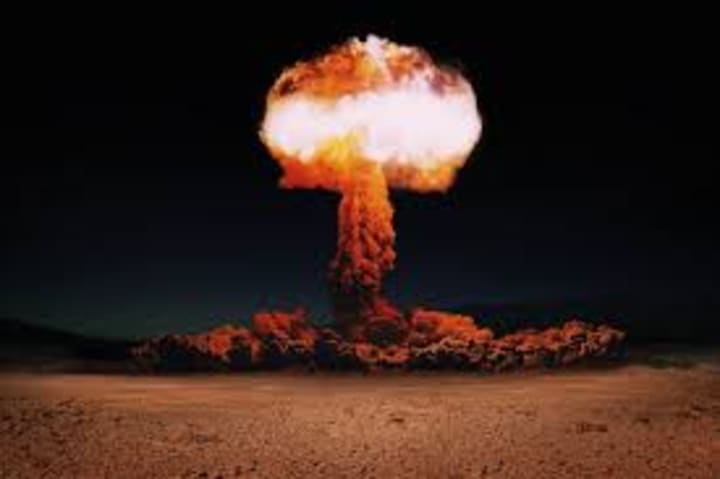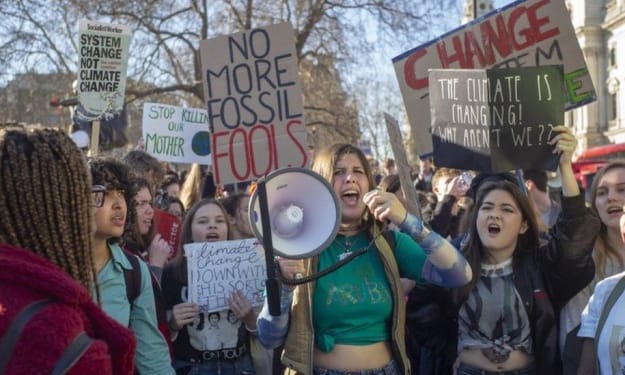Flashpoints of War: Israel and Ukraine's Role in Global Conflict
Understanding the Risks of Regional Disputes Escalating into Worldwide Turmoil

In the intricate geopolitical tapestry of the modern world, regional conflicts often carry the seeds of broader, more catastrophic wars. Presently, two such conflicts - in Israel and Ukraine - stand as potential flashpoints, threatening to escalate beyond their borders and possibly culminating in a global conflict reminiscent of the devastating world wars of the 20th century. This essay explores the complex dynamics of these conflicts and how they might interconnect to spark a broader, more destructive war, drawing the world into a vortex of unprecedented turmoil.
The Israeli Conflict: A Perpetual Powder Keg
The Israeli-Palestinian conflict, simmering for more than seven decades, remains one of the world's most enduring and explosive disputes. It's a conflict deeply rooted in historical, religious, and territorial claims, compounded by decades of political, military, and cultural confrontations. The recent escalations in violence have not only deepened the divide between Israelis and Palestinians but have also drawn in regional players, each with its own interests and agendas.
This conflict holds the potential for broader escalation due to several factors. Firstly the involvement of regional powers like Iran, which supports Palestinian factions like Hamas and Hezbollah, can potentially turn this into a larger confrontation involving the United States, a staunch ally of Israel, and other regional players like Saudi Arabia and Turkey. Secondly, the religious dimension of the conflict, centered around sacred sites in Jerusalem, holds the potential to ignite wider religious tensions, drawing in a larger Muslim-Christian-Jewish confrontation.
The Ukrainian Crisis: A Proxy Battlefield
The conflict in Ukraine initially a local struggle for independence and political alignment, has rapidly evolved into a proxy war involving major global powers. Russia's annexation of Crimea in 2014 and the ongoing conflict in Eastern Ukraine have not only destabilized the region but have also heightened tensions between Russia and NATO. The involvement of the United States and the European Union in supporting Ukraine, coupled with Russia's strategic and military interests in the region, has created a dangerous standoff, teetering on the edge of a larger conflict.
The risk here lies in the possibility of a direct military confrontation between NATO and Russia. Such a scenario, though unlikely, cannot be entirely dismissed. The continuous build-up of military presence by both NATO and Russia in Eastern Europe, the Black Sea, and the Baltic region, creates a scenario where a miscalculation or an unintended incident could trigger a larger conflict.

Interconnecting Risks: A Domino Effect
The critical concern is how these two separate conflicts, in Israel and Ukraine, could potentially interconnect, leading to a larger war. The interconnectedness lies primarily in the involvement of major global powers - the United States and Russia - in both conflicts. An escalation in one region could strain relations in the other, leading to a compounded effect. For instance, a severe escalation in Ukraine could force the United States and its allies to divert military and diplomatic resources to Eastern Europe, weakening their position in the Middle East and emboldening Iran or other regional actors to take more aggressive actions in Israel. Conversely, a significant escalation in Israel could distract and stretch U.S. and European resources, affecting their ability to respond effectively in Ukraine.
Moreover, the global economic and strategic implications of these conflicts cannot be ignored. The disruption in energy supplies, trade routes, and global markets resulting from escalations in these regions can have far-reaching consequences, drawing in other nations and potentially leading to broader military engagements.
The Role of Diplomacy and International Institutions
In this precarious situation, the role of diplomacy and international institutions like the United Nations becomes crucial. Diplomatic efforts must be intensified to de-escalate tensions in both regions. The international community must work towards viable political solutions that address the root causes of these conflicts, rather than merely managing their symptoms.
The Shadow of History: Lessons from the Past
History teaches us that world wars often begin with localized conflicts that gradually draw in more players through a complex web of alliances, interests, and obligations. The assassination of Archduke Franz Ferdinand in 1914, a localized event, ultimately triggered World War I, drawing in nations from around the globe. Similarly, World War II evolved from a series of regional conflicts and aggressive expansionist policies. The lessons from history underscore the importance of managing regional conflicts carefully to prevent them from spiraling into global catastrophes.
Conclusion: Navigating a Path to Peace
In conclusion, while the conflicts in Israel and Ukraine individually possess the elements that could lead to a broader war, the interconnectivity and potential for a domino effect present an even greater risk. The international community must recognize the gravity of these situations and work collaboratively to prevent a repeat of the tragic global conflicts of the past. It is through proactive diplomacy, mutual understanding, and a commitment to peace that the world can navigate away from the precipice of a global war, safeguarding future generations from the scourge of widespread conflict and destruction.
About the Creator
Daniel Stevens
I'm a young multifaceted writer. I write about everything from Science to Philosophy, my take on the life stories of great people from the past and the now.
If you are like me, interested in many different topics you defiantly love my work.
Enjoyed the story? Support the Creator.
Subscribe for free to receive all their stories in your feed. You could also pledge your support or give them a one-off tip, letting them know you appreciate their work.






Comments
There are no comments for this story
Be the first to respond and start the conversation.